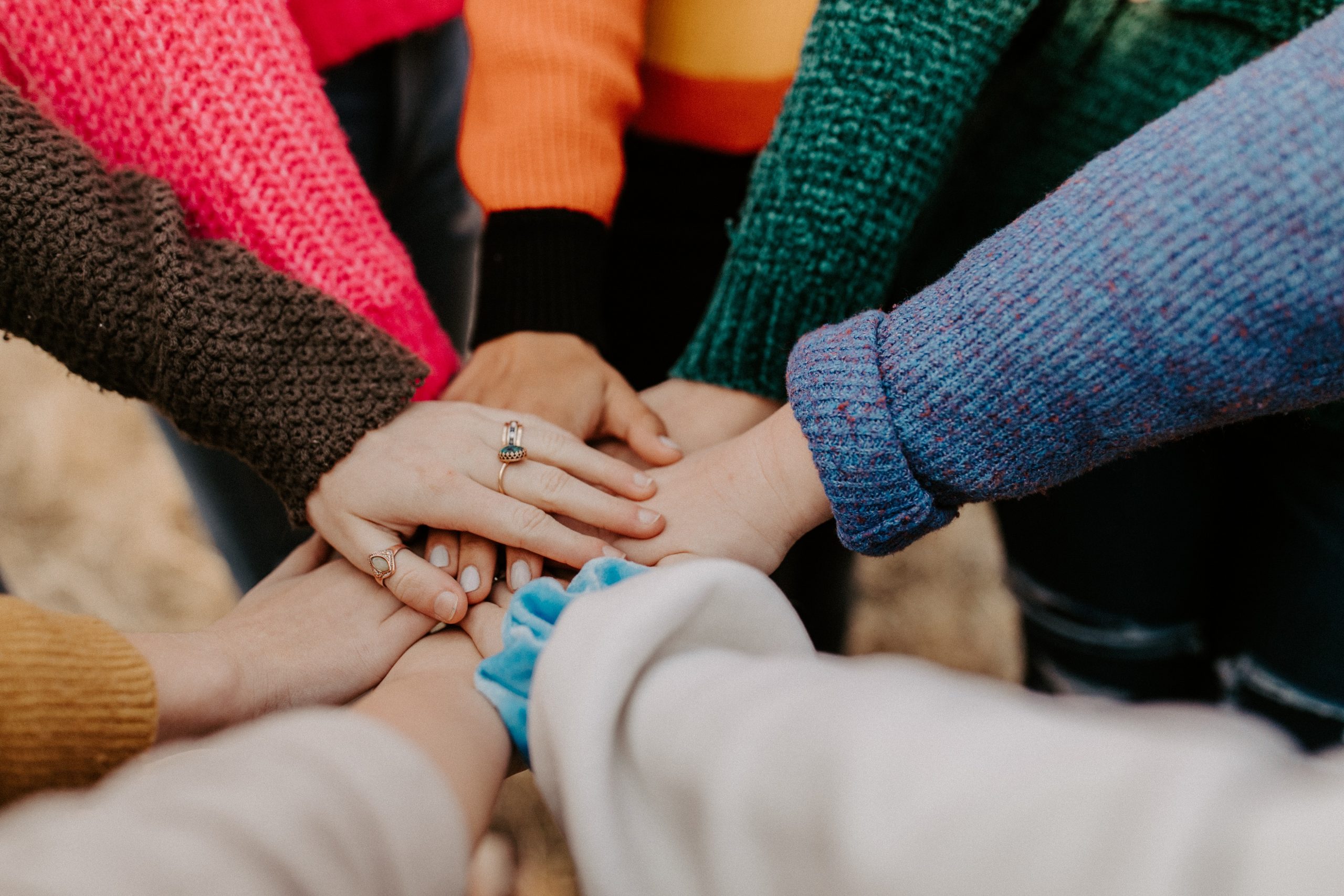*Το utilize the training material, choose a discipline from the Training Tab and then read the “Instructions” for Trainers.
In Australia, native apex predators face fatal poisoning when they consume toxic invasive species of cane toads. To try to reduce the harm, a group of researchers investigated a novel conservation intervention aiming at discouraging native fauna from ingesting cane toads. The researchers collaborated with a group known as Balanggarra Rangers representing the indigenous traditional owners of the region.
The research team consisted of both scientists and the Rangers, and the latter’s role in the research was substantial. However, the researchers soon realized that acknowledging the contribution of the Balanggarra people is a very difficult task. The scientists strongly believed that selecting only a few citizen scientists for authorship would have been both arbitrary and culturally insensitive. After negotiating with editors and editorial staff they succeeded in adding the Balanggarra Rangers as group co-authors on two scientific papers.
That was an expression of appreciation for the scientific value of traditional knowledge and skills, as well as respect for the collective cultural identity. Unfortunately, the group name of co-authors was often misleadingly abbreviated in citations as B. Rangers, because of using citation management software. In other scientific publications, the researchers were unable to include the Balanggarra Rangers as co-authors, because in some journals group authors are not allowed and other journals require an official academic affiliation for all co-authors.This experience has raised questions on proper and respectful ways of recognizing the contribution of citizen scientists in scientific publications.
